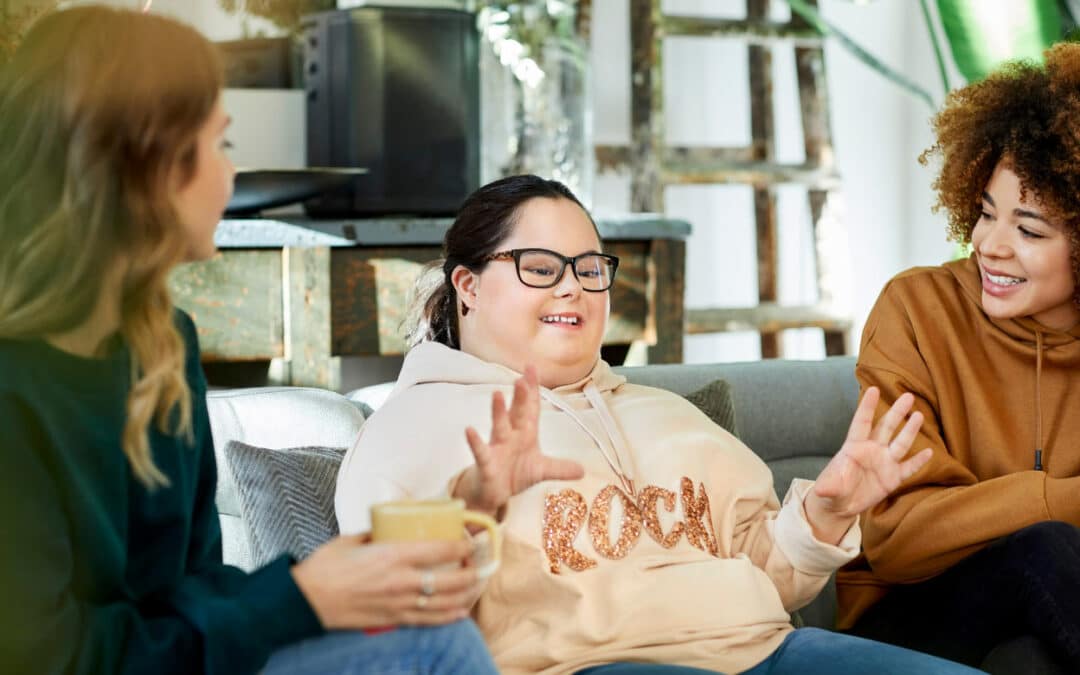Every person has the right to make their own decisions. But sometimes, decision-making is hard. When someone needs assistance to make decisions, it’s called supported decision-making. Everyone needs help to take steps to make their own decisions sometimes, and this includes people with disability.
Support with decision-making can come from family, friends, and other peers. Support can also come from service providers or other people, such as advocates. Supported decision-making looks different for each person.
Here are five useful things to know about supported decision-making.
#1 Why supported decision-making is important
Life is full of decisions. Some of the decisions we make can be small, or easy – like what to have for breakfast, or which TV show to watch. Others can feel big, or hard – like what to do with extra money, or how to respond to a tricky situation. When decision-making is hard, it’s important to be able to get the help you need. That’s where supported decision-making comes in.
#2 The law says it’s your right
The rights of all people to make decisions about their own lives are described in international documents, including the United Nations Convention on the Rights of Persons with a Disability (CRPD). Legal changes are underway across Australia across Australia to comply with the CRPD. The National Disability Services (NDS) even released a document called ‘People with Disability and Supported Decision-Making and the NDIS’ to help NDIS providers make sure they are acting appropriately.
#3 It is okay to make decisions that other people disagree with
Supported decision-making puts the person and their will and preference at the centre of decision-making. It is normal for people to feel differently about things. If you are acting within the law, it is okay to make decisions that other people disagree with. That is your right.
#4 Substitute decision-makers should uphold your rights
A substitute decision-maker who has been legally appointed (such as a guardian or power of attorney) has a responsibility to centre your rights, and wherever possible, to be led by your will and preferences. If you need to access more support around your rights and interests, People with Disability Australia and the Disability Gateway are great places to start.
#5 How Afford can help with supported decision making
Afford follows a best practice approach that demonstrates respect for people’s rights to make decisions about their own lives. Throughout 2023, Afford will also be launching new policies that detail our commitment to human rights, consent, capacity, and decision-making. You can also access more resources about supported decision-making from Inclusion Australia.
This story is from the January 2023 edition of Afford News. Click here to read more.
Was this page helpful?
Is there anything missing on this page? Please let us know
Is there anything missing on this page? Please let us know
